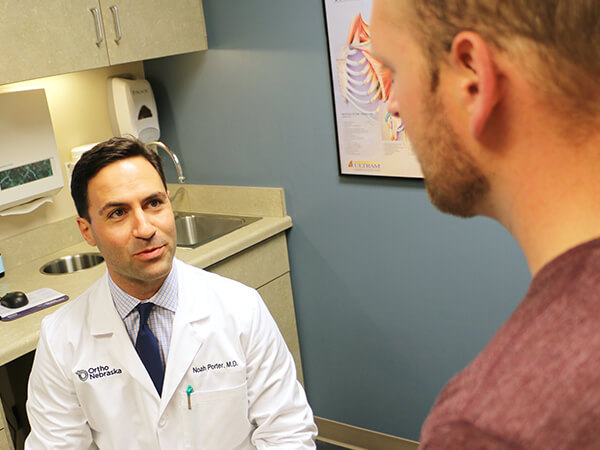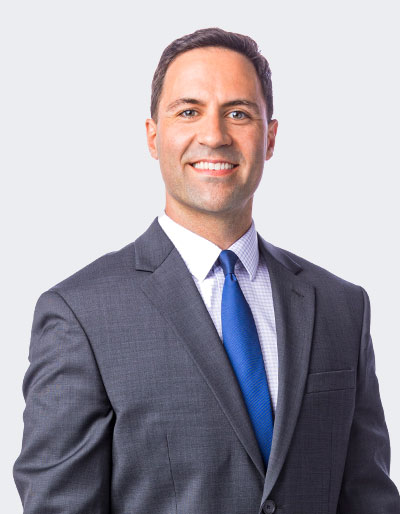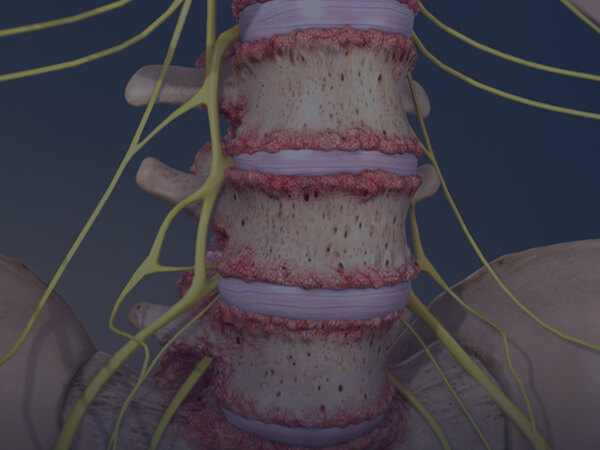05/25/2021
A guide to selecting the best back or neck specialist.
Patients and primary care physicians often use medications as a first attempt to manage back or neck pain. Sometimes, however, it becomes evident that a referral to a spine specialist is needed. With all the different specialists in healthcare, sometimes it can feel overwhelming to make a decision about who is most appropriate for you to see. Making the best choice can help you avoid extra visits and get the care you need as quickly as you’re comfortable with the treatment plan.
Unfortunately, there are few hard and fast rules about who is best to see. However, there is one: if you’re having bowel or bladder problems related to a spine condition, it’s essential to see a spine surgeon or visit as soon as possible (24 hours at the latest).
There are three types of spine specialists:
- Physiatrists specializing in Interventional Spine are skilled in non-surgical pain management of the spine and nervous system
- Neurosurgeons are skilled in diagnosing and treating conditions of the spine, brain and central nervous system
- Orthopedic Spine Surgeons are skilled in diagnosing and treating conditions of the spine and surrounding musculature in the back, neck and pelvis
Non-Surgical, or Interventional Spine Specialists
Physiatrists are an excellent choice for an initial evaluation of neck or back (collectively, spine) pain. For many or even most patients, they are an appropriate first step to receive an accurate diagnosis based on a history, thorough physical exam and possibly imaging studies or EMGs. From there, depending on the level and root cause of the of pain you’re experiencing, treatments can range from prescription pain medications to therapy to spine injections.
Some people also simply wish to avoid surgery at all costs. Surgery can be a big undertaking both physically and mentally. Of course, some conditions do require surgery, but for most spine-related injuries, physiatry offers a less-invasive, conservative approach to treatment. Often, physiatry care entails a combination of multiple treatment modalities, like medications, physical therapy, injections, and other procedures to reduce pain and optimes and restore a patient’s function.
Spine Surgeons
A neurosurgeon or orthopedic spine surgeon is probably a better choice if surgery is thought to be needed sometime in the near future. If you’ve already seen a specialist for the same back or neck problem that’s causing you pain now, or if a primary care or other doctor recommended you see a surgeon, it is probably best to follow their advice. However, it’s a common misconception that surgeons cannot see you unless you are ready to have surgery. This is simply untrue. Oftentimes, our surgeons will treat people who never have surgery, or delay it for several years through more conservative treatment.
Neurosurgeons and orthopedic spine surgeons both perform complex spine surgeries. As a result, the amount of overlap in their practices has grown over the course of the past decade. After fellowship training, orthopedic spine surgeons and neurosurgeons emerge with similar experience and surgical skills. In some cases, surgeons and neurosurgeons will train side-by-side to better understand the finer points of the most common spine surgeries, including spinal fusions, lumbar and nerve decompression techniques, microdiscectomy surgery, and spine injections as well as other back and neck treatments.
Beyond that, nuerosurgeons typically have a wider scope of practice than an orthopedic spine surgeon. For example, a neurosurgeon may perform surgery to remove a brain tumor, and an orthopedic spine surgeon would not. However, Dr. George Greene, the neurosurgeon at OrthoNebraska, has focused his scope of practice to be the same as a typical orthopedic spine surgeon.
Any surgery performed near nerves of the spine involves significant risks and careful consideration. Always choose someone who is fellowship-trained and board eligible or certified, and ask them questions about your spine surgery. In addition, both a neurosurgeon and orthopedic spine surgeon pay special attention to your muscles, bones and how they will impact the stability of the spine after surgery.
Spine Care at OrthoNebraska
OrthoNebraska is proud to have a physiatrist, neurosurgeon and orthopedic spine surgeon on staff. With the help of other services, such as imaging or physical therapy, we offer the level of expert care appropriate for any spine problem. In addition, having a complete spine team means our physicians are used to working very closely together and potential transitions of care as a condition evolves or changes will be very smooth.











